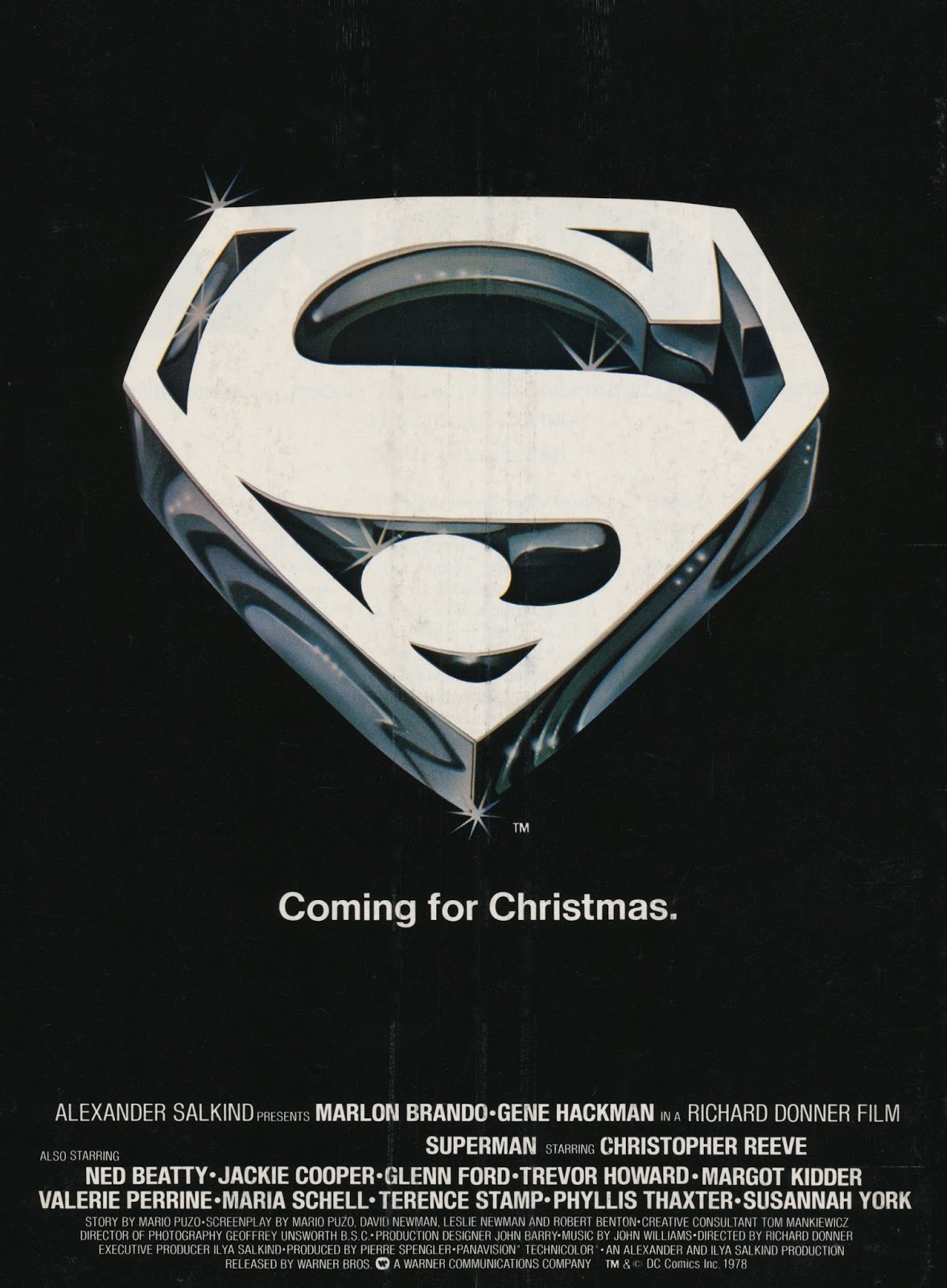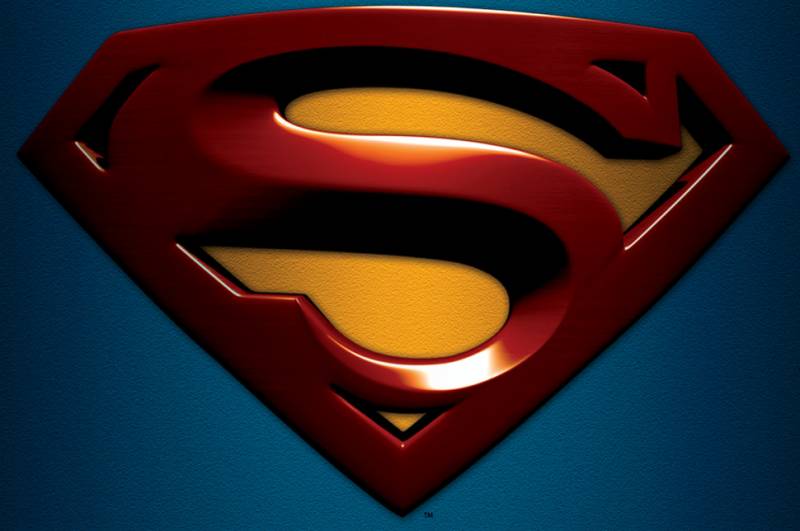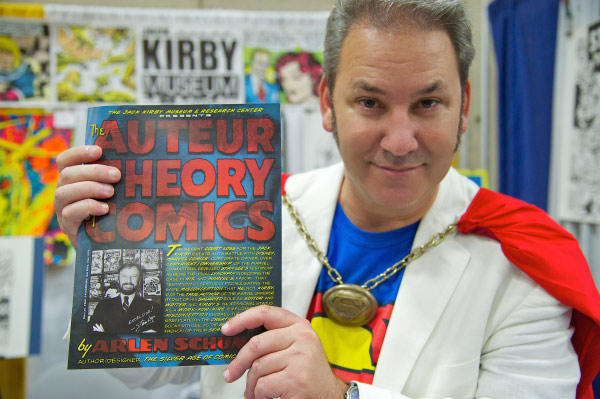Sound like
good news, isn’t it?
Damon
Lindelof never hid his appreciation of Moore & Gibbons’ seminal comic book
mini-series, which clearly influenced LOST (the non-linear structure, the mythology showcased through faux-documents, the multi-character
perspective, often showing the same events from different points of view, the vonnegutian
time-traveling consciousness and so on).
Besides, I didn’t dislike LOST at all, even the much-hissed last
season.
I always
thought the show was an experiment in story telling excess: how many twists can
a plot sustain? How many double-triple-quadruple crosses are possible (both
within the story and within the STRUCTURE of the story).
If the whole
point was to create an almost endless series of mysteries, wrapped in riddles, inside an enigma (this is a quote), then the show delivered.
And isn’t a
mini –series on HBO the natural fit for a story like WATCHMEN? Dark, edgy,
detailed, ornate? Didn’t HBO produce THE WIRE, which Alan Moore publicly
praised?
And while
people can have problem with Zack Snyder’s turgid adaptation from 2009, doesn’t
the fidelity to the details of that version bid well for any other future
adaptation? Any other creative team will be forced to either approximate that
level of accuracy at some level or at least replace it with something equally
worthy.
Well: no,
no and no.
1) I'm kind of wary of adaptations in general and particularly of works with a very high reputation or that are regarded as pinnacles in a particular art form.
It is possible that not all arts are created equal.
Some art forms do not have to put up with adaptations. Nobody will ever make a movie out of Beethoven's 5th symphony (now that I think of it, maybe someday someone will).
Other art forms, like the stage play, or the radio play, can probably translate very well in to other forms.
I suppose that fiction has an inherent "cross-adaptability" and the same material can be presented on stage, on the written (or drawn) page or on the silver screen.
But would anybody think of making a literary adaptation of Hitchcock's Vertigo or Welles' Citizen Kane that would rival in WORTHINESS with the original?
Landmark works in art are usually not such because of the material or the plot, but rather because of the execution, and brilliant executions usually take advantage of the specifics of the art form in question.
Which brings me to point >
2) WATCHMEN is such a work. It does things that are only possible in the art form of comics, making thus any attempt to adapt the work possibly pointless.
Unless the original work is used as a starting point to build something different. If this is the case, then I have a lot less of an issue. This has happened repeatedly in history. Often such adaptation change a LOT from the material, even the title and that is a sign that the adaptation is something DIFFERENT.
Of course this makes only sense in a world where the WATCHMEN adaptation is happening for art's sake. If the writers and producers were simply attempting to create a great work of art out of another work of art.
But we all know that this is not the case.
I will allow some bona fide intentions to Lindelof and the producers, but I think we all know what is the reasoning behind this upcoming series: we have a valuable IP and we want to turn it in to a hype, in the wake of productions like Marvel/Netfilx series or Games of Thrones.
--
Why shouldn't they, though?
This won't replace or obliterate the original comic book, on the contrary, it will probably rekindle the interest in it. And there is a demand for it, from fans!
This won't replace or obliterate the original comic book, on the contrary, it will probably rekindle the interest in it. And there is a demand for it, from fans!
That's another problem. I cannot stand this hunger for FILMED adaptation of comics or books we love. As if it is necessary to us. I do not need a movie to portray what's been in my imagination. If anything, the ones who should be attracted to adaptations are people who are NOT familiar with the material.
--
But anyway, the biggest argument against any adaptation of Moore's work has to do with the history of Alan Moore's relationship with DC/Time Warner.
Up until 2003 Alan Moore had no major issues with having his work adapted. Partially because he understood that it was the nature of the game in the writing business (any sensible writer will tell you that film options and film rights are one of the most substantial sources of revenue for a writer), partially because back in the day, comic book adaptations were not that big of a deal as they have become since. He thought there was little harm in getting paid for options and having a studio developing an adaptation, because most of the time the project would get stuck in development.
In those years Moore used to play along; back in 1990 he even gave Sam Hamm's draft for a WATCHMEN some credit, even though it changed a lot of stuff from the comic. I suppose he was just being nice.
Even after Moore's relation with DC had soured (not lastly because of DC's little trick played in order to keep the publishing rights on WATCHMEN) the author had no fundamental issues with adaptations, as long as he could distance himself and was not demanded to participate in the promotion.
One of the first adaptations to be actually produced was a Justice League episode based on "For the Man Who Has Everything", a Superman annual story written by Moore and illustrated by Dave Gibbons, which has always been regarded as one of the character's best.
Moore has reportedly been generous towards this adaptation. and furthermore it was a story involving a character he himself did not invent.
Things started to get bad after the From Hell and the League of Extraordinary Gentlemen movies. They were both critical and box office disappointments, and deservedly so.
Moore probably started getting wary of his name being associated with bad movies rather that with the FAR FAR superior original material.
But still, he seemed cool enough, and quoted Raymond Chandler when people questioned him about his work getting ruined, showing them shelves full of his books and saying: "See? The movies did not ruin my work. It is still here."
(continued)









